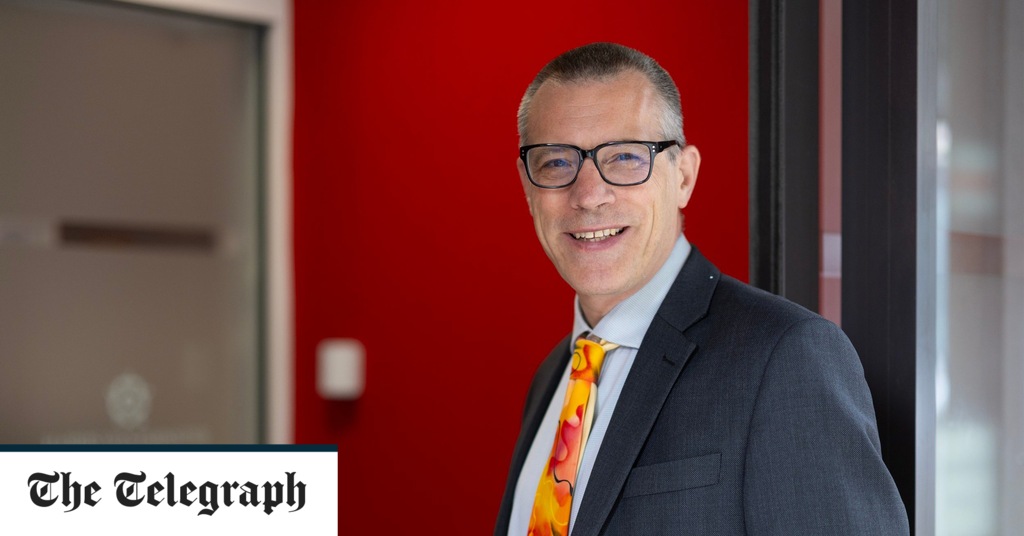When James Handscombe, the executive principal of Harris Westminster sixth-form academy, gave his usual assembly last month, he thought he was addressing a local issue. Reflecting on the language pupils use to address teachers, he explained he had decided to do away with “Sir” and “Miss”. These terms were “deeply unequal”, he told pupils.
The assembly, which Handscombe also published on his blog, caused a sensation, and was viewed more than 130,000 times. Many teachers, especially women, expressed support. Others argued it was the latest example of political correctness run amok in an already fraught educational sphere. In follow-up tweets, Handscombe said he had been inspired by the singer Taylor Swift, whom he called his “off-stage sage.”
Reflecting on the furore, Handscombe seems bemused.
“If you go out into the street and say ‘Morning Sir’ to a policeman, this is fine, if you say ‘Morning Miss’ to a policewoman, that doesn’t feel anywhere near as respectful,” he says, sitting in his office on the top floor of the school near St James’ Park, a hundred metres or so from where King Charles entered Westminster Abbey to be crowned last month.
“It’s something to think about, but other schools are going to have other priorities. You have to have things on an even keel, and be confident in your staff and students and community, before you take action on this.”
It is a salutary schools dilemma, where even small decisions are seen through the prism of a wider culture war. It is difficult to get it right. Katherine Birbalsingh, head at Michaela Community School, has said that the issue is worse at the most privileged level. “As sure as night follows day, the more privileged the space, the more woke it is,” she told the National Conservatism Conference in May.


